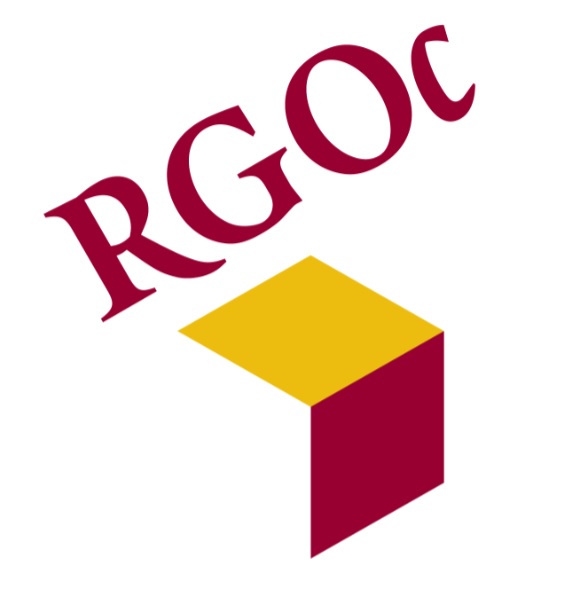Location(s)
GGZ Drenthe, UMCG
Cooperation
- GGZ Delfland, GGZ Westelijk Noord-Brabant, Zeeuwse Gronden, CleVR, Viemr
Period
2018 – 2021
Finance
– KIEM grant from NWO, registration number 628.005.007 (€75.000), used for software development.
– PhD position, salary and bench fee, financed by GGZ Drenthe, department of Long-term care.
– Grad school BSS, fund for external PhD students, €8000, faculty of Behavioral and Social Sciences, University of Groningen. Used for participant compensation, participant travel expenses, material
– Staff fund, €10.000, faculty of Behavioral and Social Sciences, University of Groningen
– Committee for Research and Health Care Innovation research grant, GGZ Drenthe, € 17232,83, used for VR headsets, open access publishing, and appointment of research assistant.
Finance by
NWO KIEM Grant, RUG personnel fund, RUG external PhD fund, GGZ Drenthe research fund
Status
in progress
Contact(s)
Saskia Nijman (s.a.nijman@umcg.nl)
Marieke Pijnenborg (g.h.m.pijnenborg@rug.nl)
Wim Veling (w.veling@umcg.nl)
Abstract
People with psychotic disorders commonly have deficits in social cognition and social functioning. Current approaches to improve social cognition may not be ecologically valid, and patients cannot practice skills in dynamic social interactions, which could be solved by providing social cognition training (SCT) in Virtual Reality (VR), since VR allows for practice of skills in situations resembling real life, and at the same time is safe and controllable. To this end, DiSCoVR was developed, an individual 16-session VR-based SCT. In a multicenter Randomized Controlled Trial (n=100), we compare DiSCoVR to a VR relaxation training, VRelax, to assess the efficacy of DiSCoVR on social cognition, social functioning and other secondary measures such as psychiatric symptoms and self-esteem.
